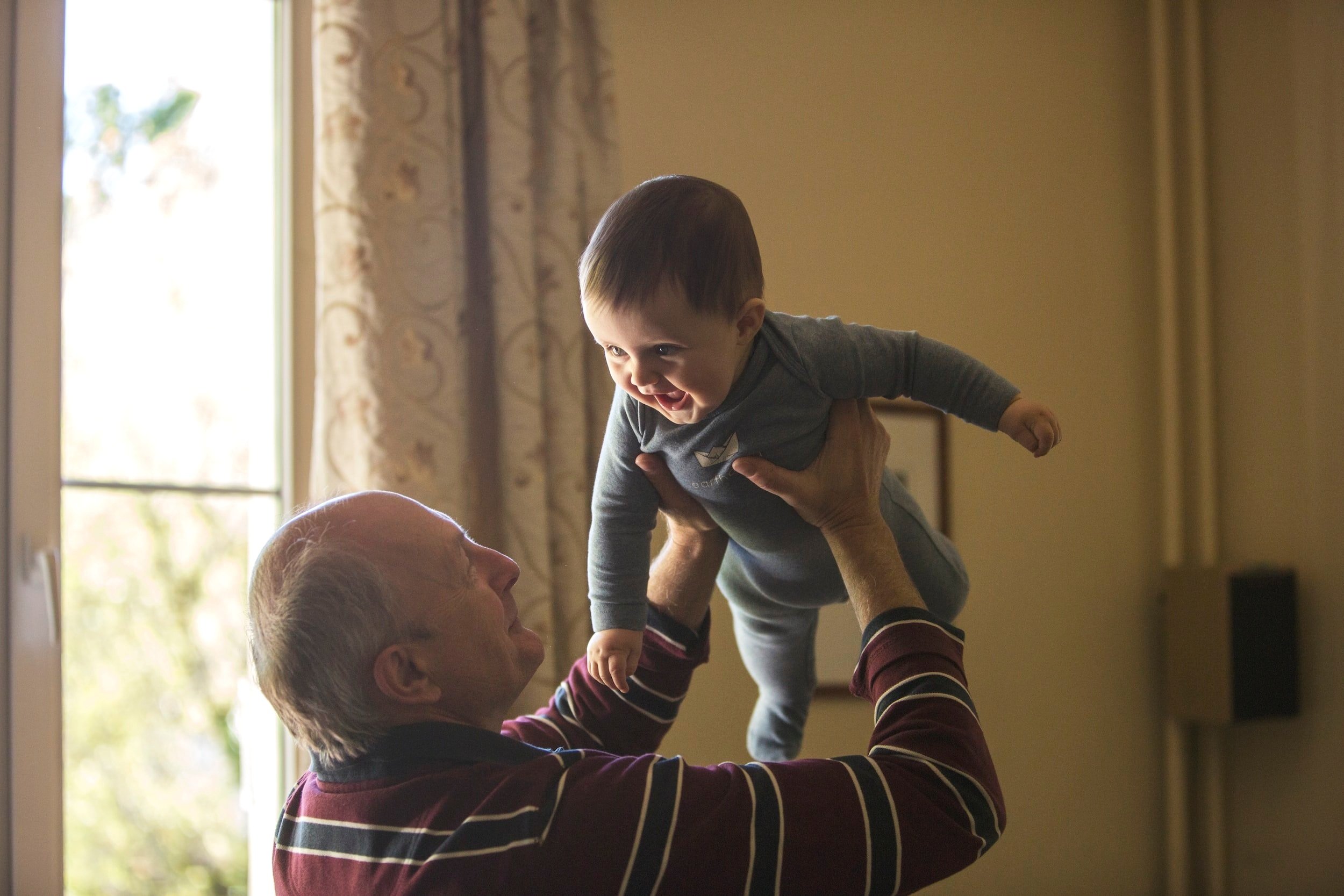Reverse Mortgage
A reverse mortgage is a loan available to homeowners 62 years or older that allows them to convert part of the equity in their homes into cash.
The product was conceived to help retirees with limited income use the accumulated wealth in their homes to cover basic monthly living expenses and pay for health care. There is no restriction on how reverse mortgage proceeds can be used. As a result, an increasing number of homeowners are using reverse mortgages as part of a comprehensive retirement plan to enhance their financial security.
The loan is called a reverse mortgage because instead of making monthly payments to a lender, as with a traditional mortgage, the lender makes payments to the borrower.
The borrower is not required to pay back the loan until the home is sold or otherwise vacated. As long as the borrower lives in the home, they are not required to make any monthly payments towards the loan balance. However, the borrower must remain current on property taxes, homeowners insurance, and homeowners association dues (if applicable).
Who is eligible for a Reverse Mortgage?
All borrowers listed on the home title must be 62 years old. If one spouse is under the age of 62, it may still be possible to get a reverse mortgage, however the loan officer will need to collect additional information upfront to determine eligibility.
Reverse Mortgage Requirements
Age: At least 62 years or older
Primary lien: The reverse mortgage must be the primary lien on the home. Any existing mortgage must be paid off using the proceeds from the reverse mortgage.
Occupancy: The property must be the primary residence. Vacation homes and investment properties do not qualify.
Taxes and Insurance: Borrowers must remain current on real estate taxes, homeowners insurance, and other mandatory obligations, including condominium fees.
Reach out to us today to see if a Reverse Mortgage could be right for you.


